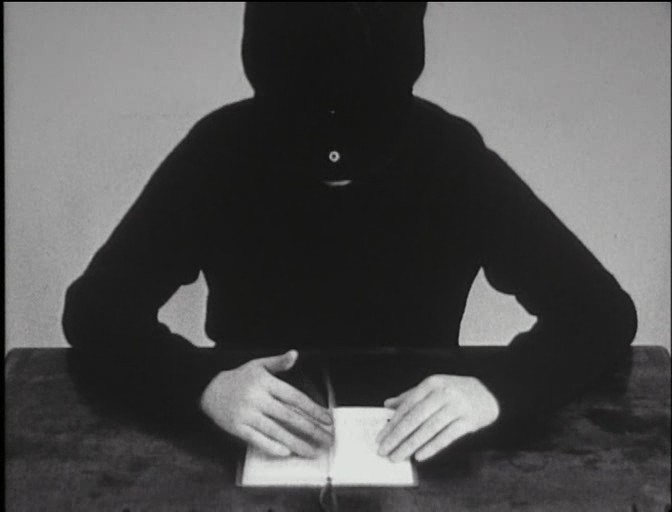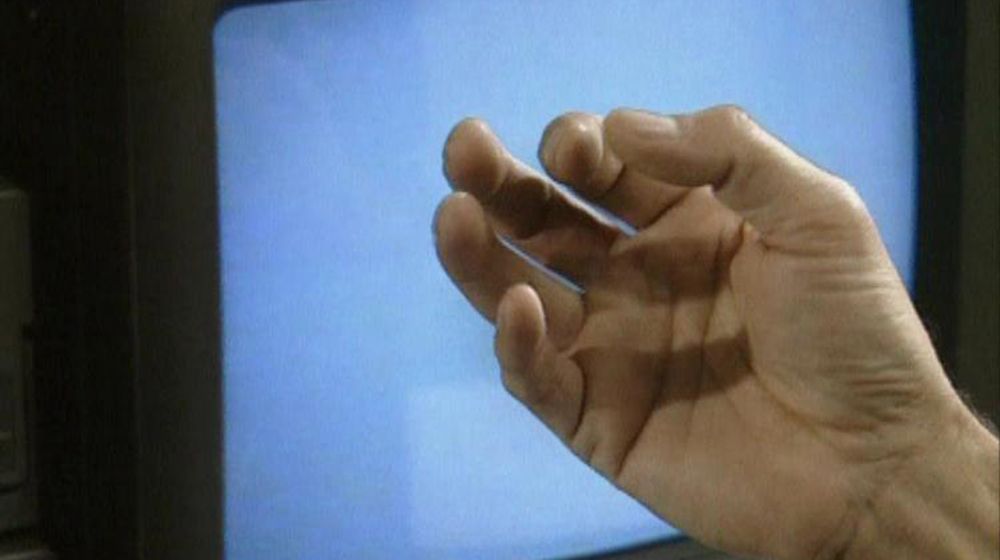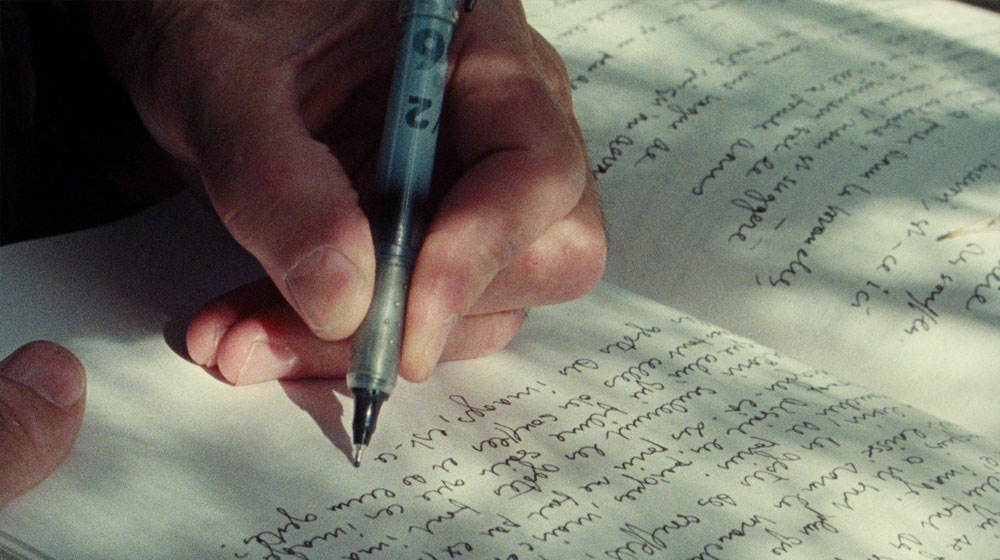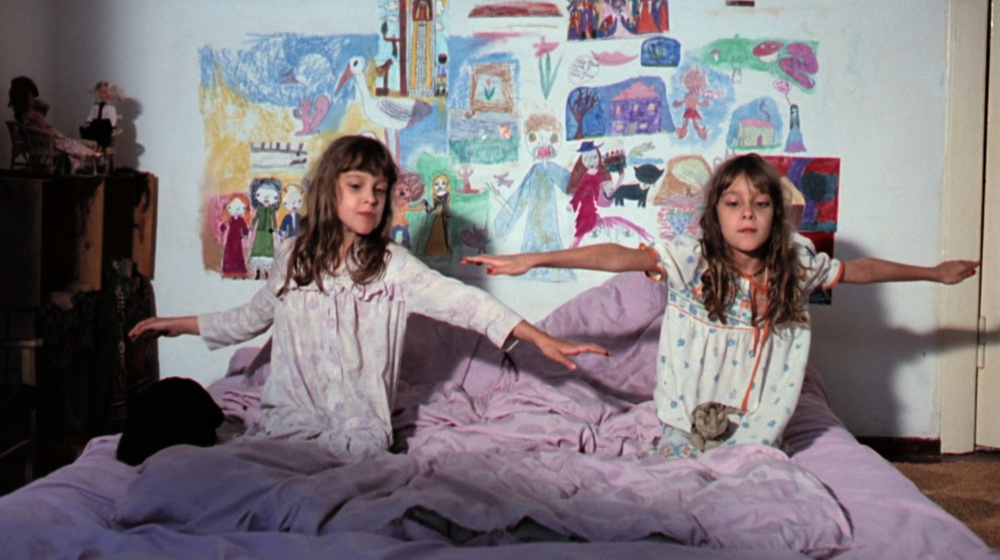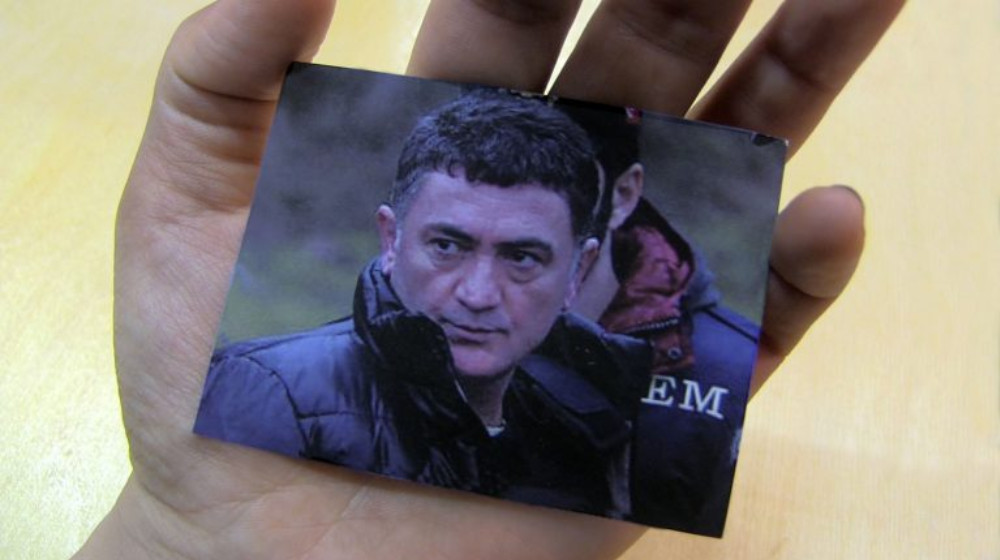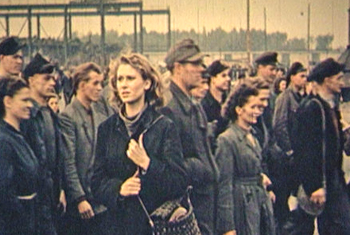Political film in the sixties and seventies was not content with passive protest; it formed part of radical actions and even terrorist movements. When he studied cinema in Berlin, Holger Meins made a short film about how to make a Molotov cocktail; the film no longer exists, but it denotes the meaning of action filming acquired by the cinema of the time in its revolutionary forms. Before forming part of the Red Army Faction (RAF), Meins made films such as Oskar Langenfeld. 12 Mal, an austere portrait of a man living in poverty under the harsh yoke of the pressure of the capitalist system, and did the photography for Farocki’s film Die Worte des Vorsitzenden, made during student protests to show that words can be weapons. Meanwhile, in the United States other action films were being made, such as the vibrant newsreels of the Black Panthers. Underground is a reflection of that time: a documentary about the Weathermen, a group of radical left-wing students who actually planted bombs in banks, refineries and police stations, and even the Capitol. When they were wanted by the FBI, Emile de Antonio, Wexler and Lampson found some of the group’s members and secretly interviewed them. The FBI confiscated the material to obtain information, but the filmmakers were able to recover it after legal proceedings.
Oskar Langenfeld. 12 Mal, Holger Meins, 1968, 12 min; Die Worte des Vorsitzenden, Harun Farocki, 1967, 16 mm, 2 min; Off the Pig, Black Panthers, Newsreel, 1967, 16 mm, 14 min; Underground, Emile de Antonio, Haskell Wexler y Mary Lampson, 1976, 88 min.
